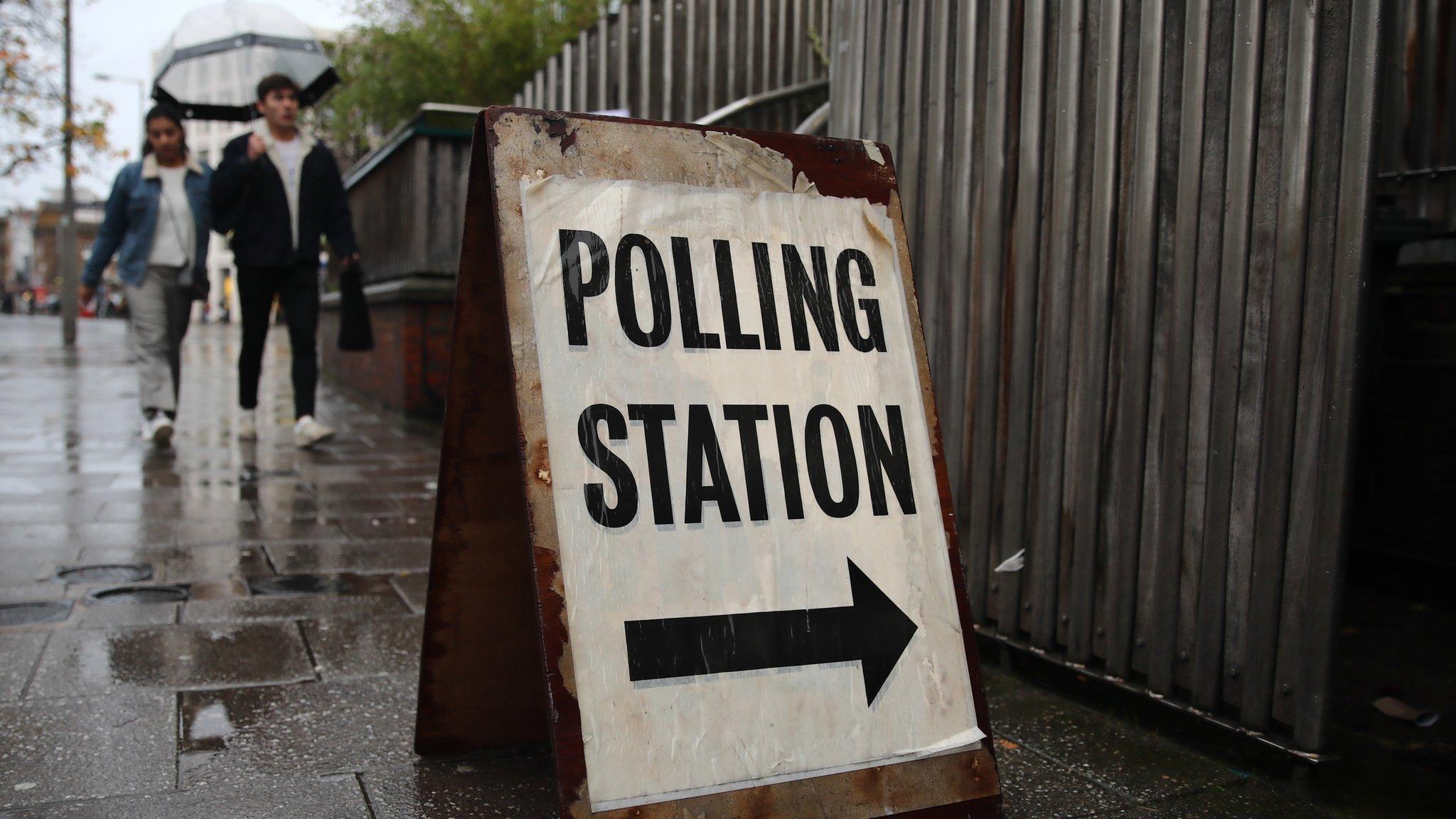2021 elections: A simple guide to the Scottish, Welsh and local elections
- Published
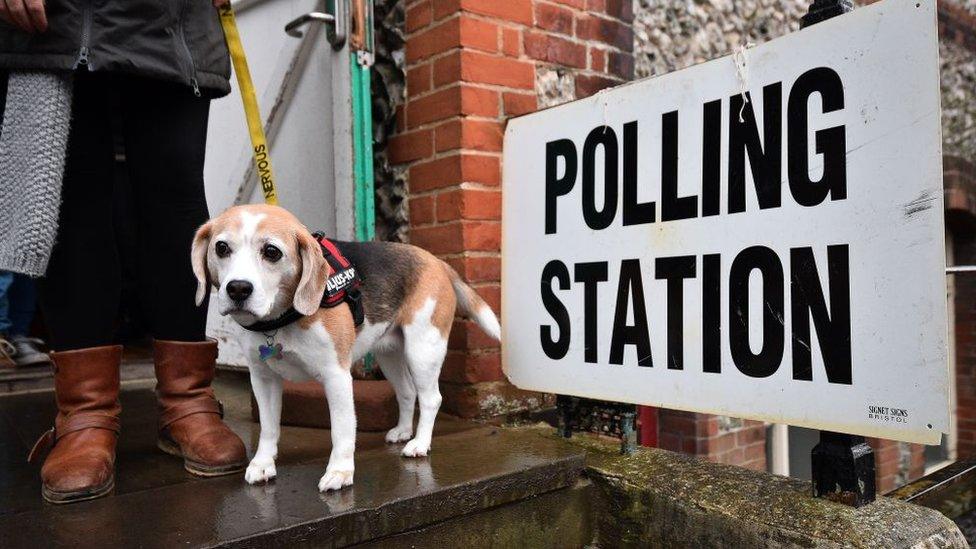
A bumper crop of elections will be held across England, Scotland and Wales on Thursday 6 May.
About 48 million people can vote, to elect about 5,000 candidates to positions of power.
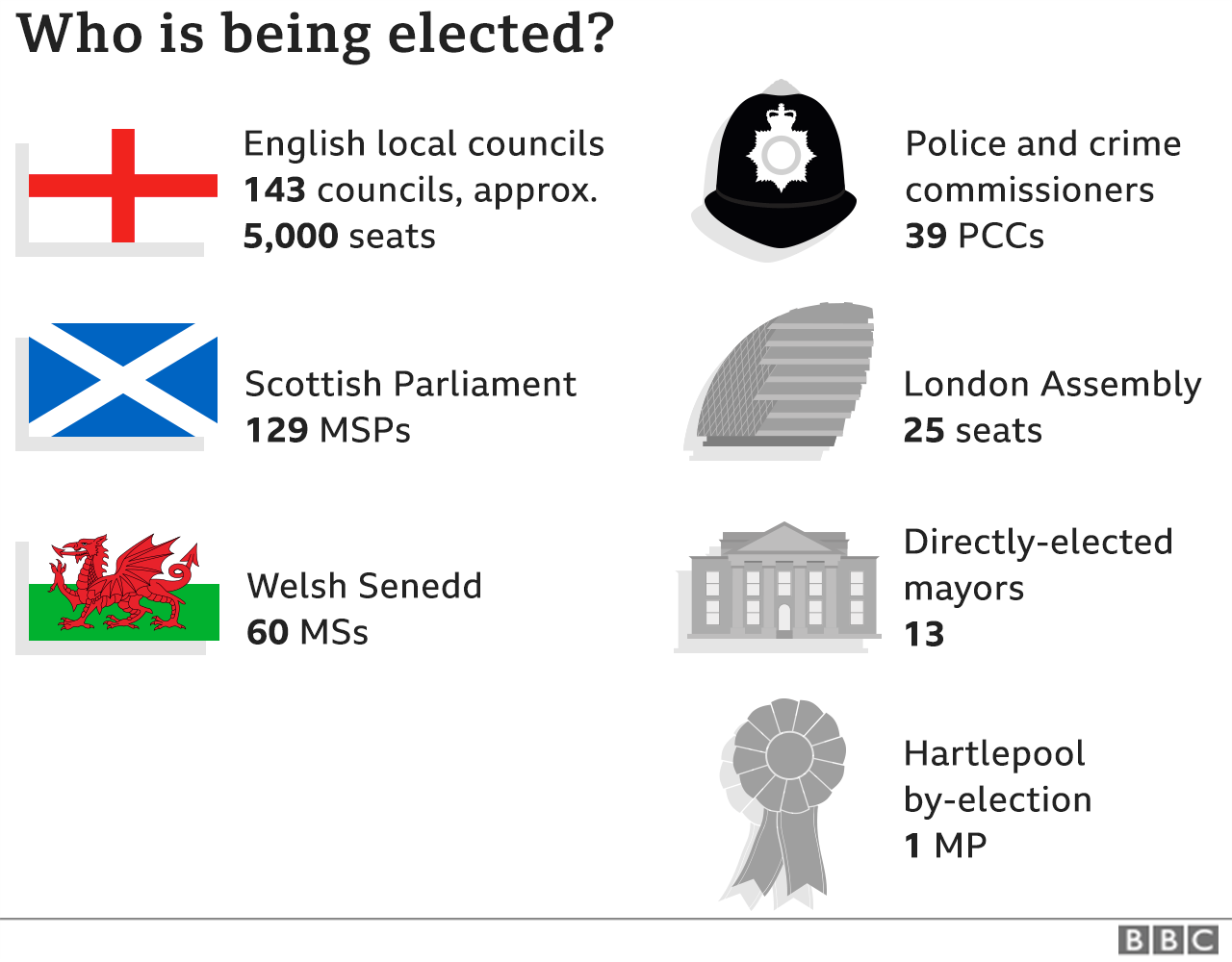
Scotland and Wales parliamentary elections
Members of two of the UK's parliaments - Holyrood in Scotland and the Senedd in Wales - will be chosen by voters in those nations.
These parliaments are responsible for areas like health, housing and education.
The powers were moved away from the UK Parliament in London under a process called devolution.

SIGN UP FOR SCOTLAND ALERTS: Get extra updates on BBC election coverage
SIGN UP FOR WALES ALERTS: Get extra updates on BBC election coverage

Local elections
Across England thousands of council seats will also be up for grabs.
Councillors are in charge of many services - from bin collections to social care, sports facilities and libraries.
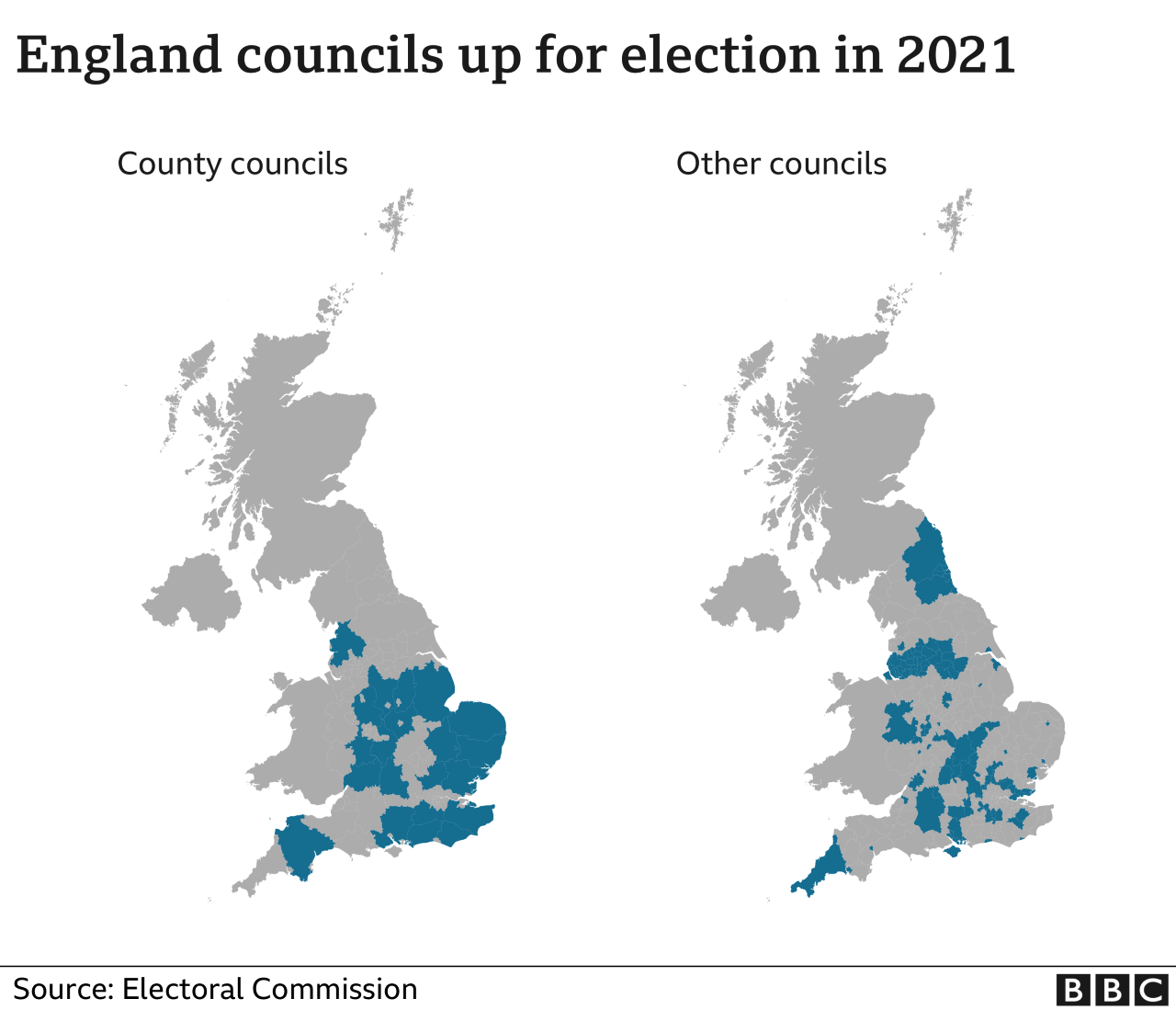
London
Londoners will elect 25 members of the London Assembly - and a mayor.
The London mayor's powers include: setting bus and Tube fares and deciding targets for the number of affordable homes.
London Assembly Members examine the mayor's decisions.
Mayors
There will be also be elections to choose 12 mayors in different regions and cities across England.
Police and crime commissioners
There will be elections in England and Wales for police and crime commissioners.
They set the budget and priorities for police in their area.
MPs
There will also be a by-election to pick who represents Hartlepool in the Westminster Parliament after the previous MP resigned.
Why do these elections matter?
Coronavirus - and the way it's been handled - is the most important issue to voters, a survey by the University of Essex. suggests.
But there are many other things at stake:
Scotland
Independence is expected to play a big part, as the SNP seeks another referendum. Parties that want Scotland to stay part of the UK will hope to reduce the SNP's dominance, while former First Minister Alex Salmond has launched his own pro-independence party.
Wales
Labour, in power since 1999, faces a challenge from the Conservatives, with other parties also seeking to gain seats. The campaign has seen pledges on income tax, social care, climate change, Welsh independence and a proposal to abolish the Welsh Senedd altogether.
Local elections
Council tax could be a big issue as local authorities look to repair their finances. Issues like housing and changes to bus routes can also be factors.
Hartlepool by-election
The election of a new MP will be Sir Keir Starmer's first parliamentary electoral test since becoming Labour leader. It could give an indication of whether voters in traditional northern Labour seats are still turning to the Conservatives.
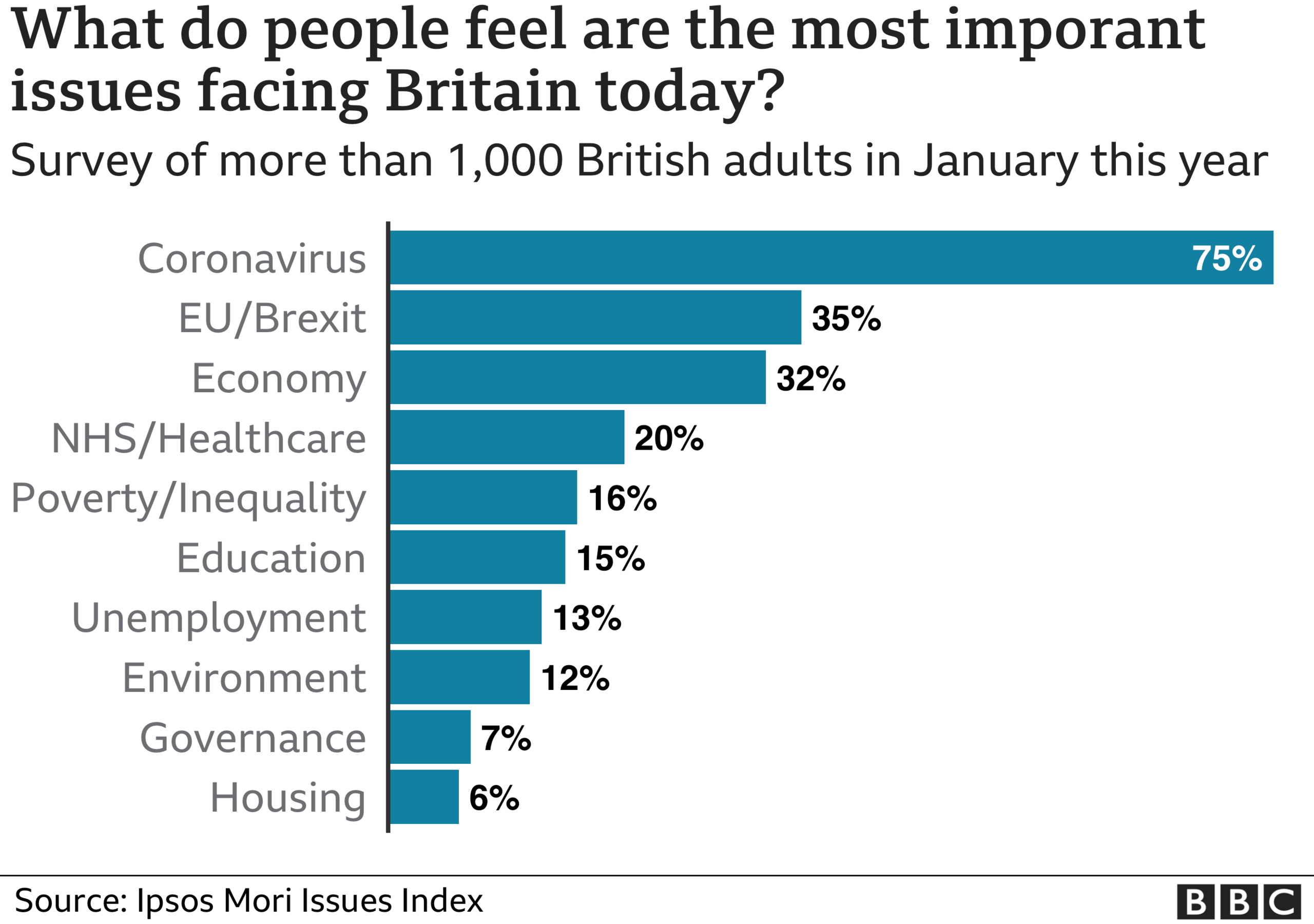
How do I vote?
To vote in the Holyrood and Senedd elections you must be 16 or over on the day of the election.
Voters in other elections must be over 18.
In both cases, you must have registered to vote already.
There are three ways to vote:
in person at a polling station
by postal vote
by nominating someone to vote for you (a proxy vote)
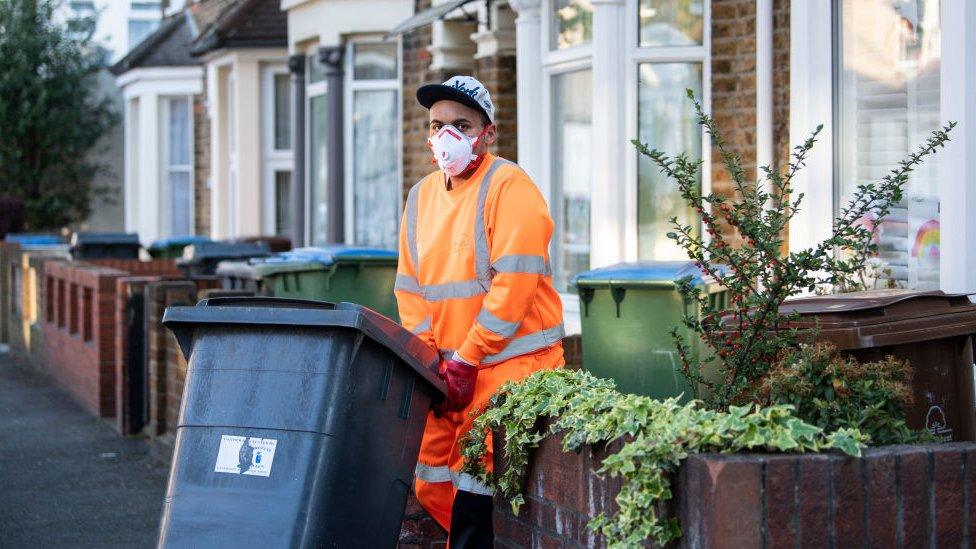
Councils are responsible for many services that effect everyday lives, including bin collections.
How are the winners chosen?
Scotland, Wales and London Assembly
People have two votes - one to choose who represents the constituency, and one to choose which party represents their wider region
Mayors and police and crime commissioners
Voters select a first and second preference - if no candidate receives 50% of first-preference choices, the top two go into a run-off
The second preferences of voters whose favoured candidates have been eliminated are then taken into account
English councils
Voters have one vote for each available seat in their area
In most cases, that means one vote - but large wards may have multiple seats
Whoever receives the most votes wins the seat
If one party wins more than half the council seats, they have control of the council
If no party has a majority, parties will often join forces (known as a coalition)
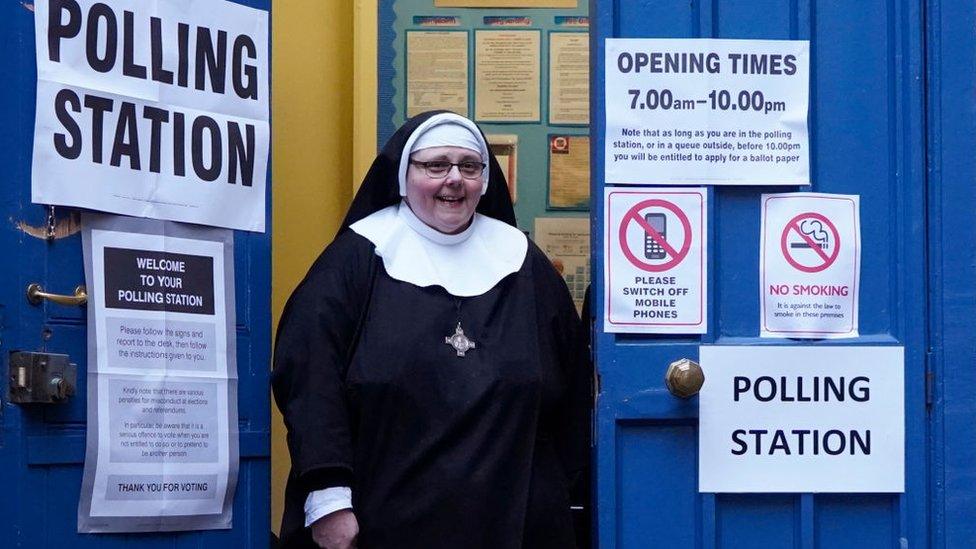
Many different types of buildings - including church halls - are used as polling stations on election day
When will we know the results?
Covid safety measures will be in place at counting venues.
That means counting votes is expected to take longer and could go into the weekend.

Postcode search: Who is standing in your area
Voting: How do I vote?
English council elections: A simple guide
Scottish elections: A simple guide
Wales elections: A simple guide



What questions do you have about the upcoming elections?
In some cases your question will be published, displaying your name, age and location as you provide it, unless you state otherwise. Your contact details will never be published. Please ensure you have read our terms & conditions and privacy policy.
Use this form to ask your question:
If you are reading this page and can't see the form you will need to visit the mobile version of the BBC website to submit your question or send them via email to YourQuestions@bbc.co.uk, external. Please include your name, age and location with any question you send in.

- Published5 February 2021
